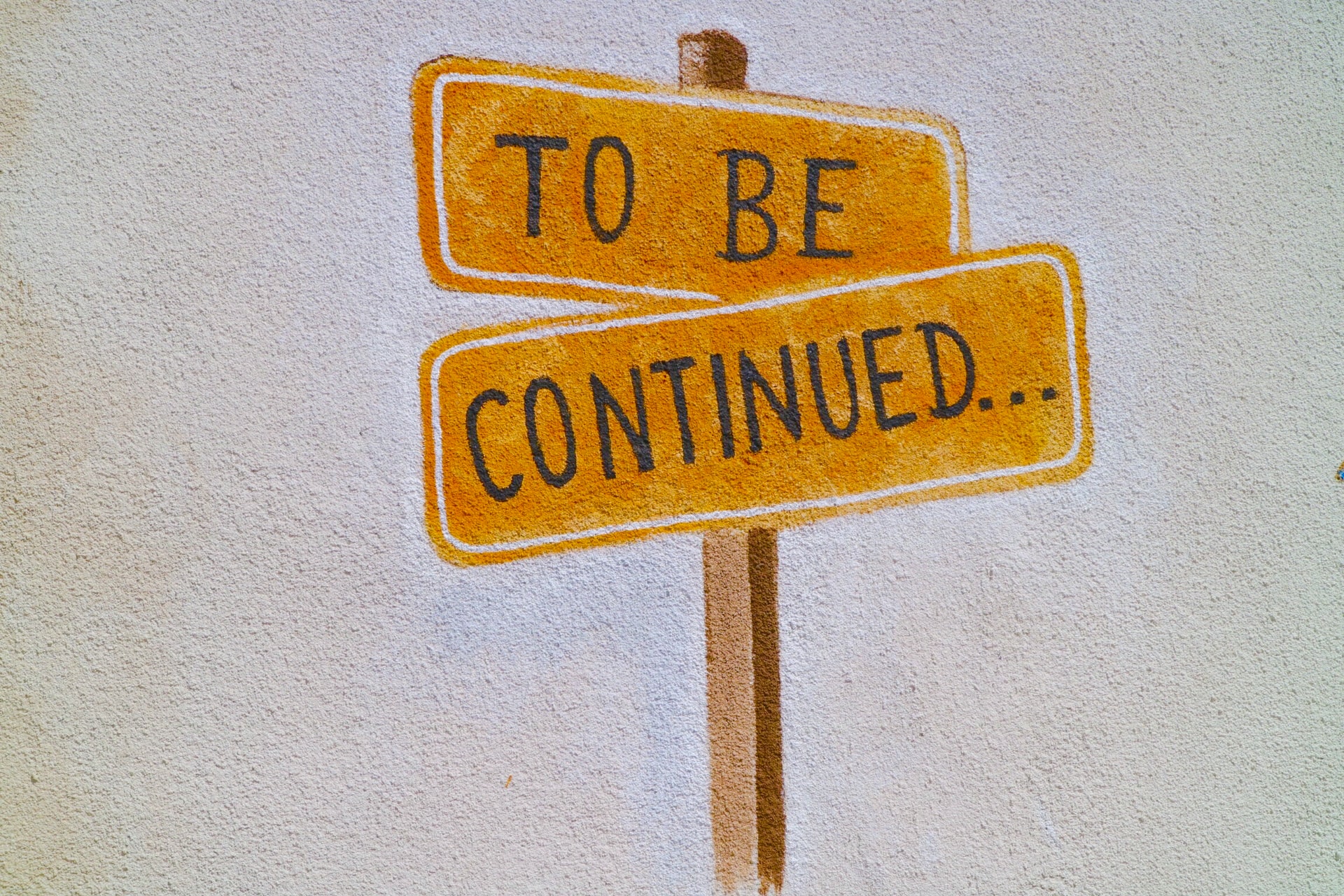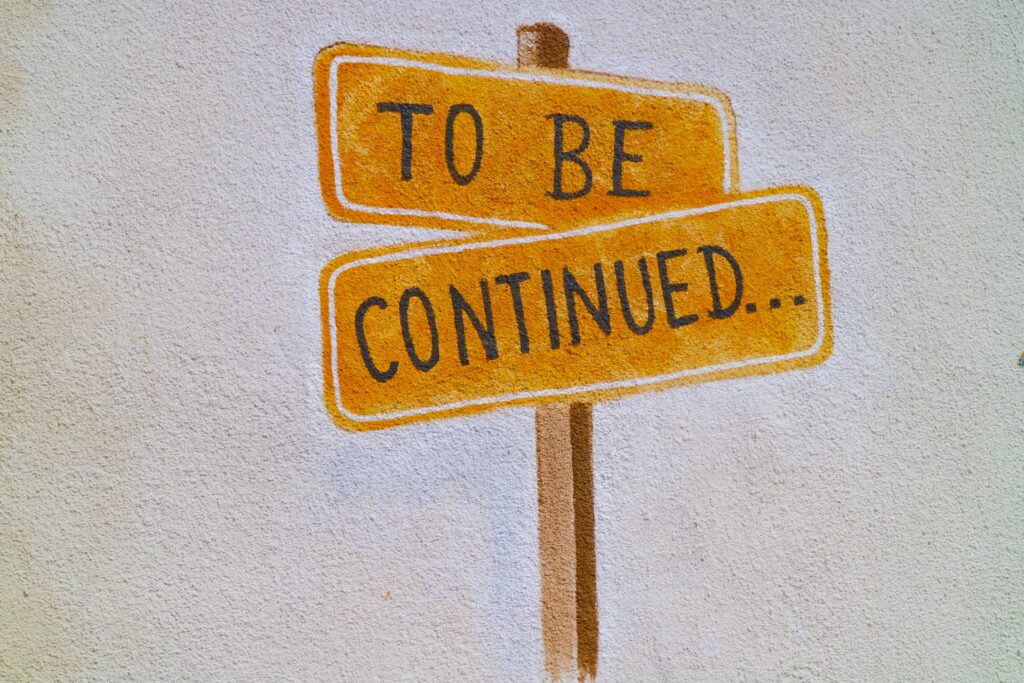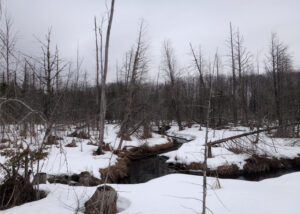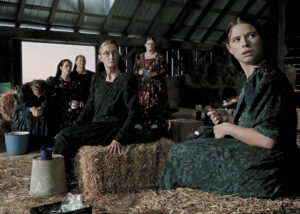The Jan. 10 bulletin at Tiefengrund Mennonite Church included the following church family news: “Ed Olfert has officially retired and is now living the good life! In other news, Ed was taken to hospital on Wednesday and was subsequently diagnosed with type 2 diabetes and now has to alter his diet and take pills/insert needles for the rest of his retirement. . . .”
The ambulance trip referred to was exactly one week into the highly vaunted good life.
My point is not to invite commiseration. My life continues to be good. I’m on to the next adventure.
In January, my online meditation from Richard Rohr spent a week exploring the stories within which we find ourselves. A compelling term used was “our framing story.”
In 2014, the last of Holly, and my parents died. At the burial, a cousin pointed out that it would now be up to us, as the most senior generation. I understood that to mean that the family story would now be in our shepherding care. What would carry on as the family narrative—who we are, our place in the world—would be shaped by us.
Even on that emotional day, I understood the importance of that thought. How this family understands our place in creation is now, to a significant degree, our responsibility.
If we see our lives as hard, plagued by injustice, or if we live our lives steeped in anger, controlled by an unfair world around us, our stories will reflect that. The generations that follow will wrap themselves in that bitterness, and it will be included in their framing story.
We can, however, make other choices.
The bulletin blurb I quoted earlier was written by a family member. I delight at the ability to tell stories, even hard stories, in a manner that lightens the telling, that puts it into a healthy perspective. A book I published some years ago was designed to tell stories of hope and wonder, to remind those who come after us that life is warm, is hopeful, is exciting, that goodness comes to us through all of creation. That goodness is always God.
The news is good. If our stories are bitter, we have not yet arrived at the place from which God calls. Certainly, we have all not yet arrived, and we all have a distance to go. Let the journey be part of the goodness.
An acquaintance regularly sends treatises that he has written, arguing his points about the true church, while more-than-equal words are written to point out his opinions of the beast. He offers strong opinions about the identity of that beast. There is little about being transformed, finding joy.
Another friend sends daily meditations as well. And while his spiritual water comes from a slightly different stream, he writes as if his life depends on it. I believe that is true, that there is a desperation to his writing. He has committed an offence that separates him from his family, and he writes about his faith to offer himself a beacon of hope, a reminder that he is still loved, an affirmation that he still has something worthwhile to offer. His story, although very hard, is told with hope.
Can we do the same? Can our stories reflect spiritual realities that are soaked in hope, beauty and awe?
I close with a recent family text, this one penned by me: “Okay, so I’m pretty sure that diabetes hasn’t affected me cognitively. . . .
“But today I went for my walk around the edge of town. Put on my long underwear and the rest of my warm outfit. About a block down the road, hmmm, my knees are colder than they should be for -12. Looked down. Yep, forgot to put my pants back on.”
Let the ones who come after you know that life is good, even when it’s a little awkward.
Ed Olfert (p2peho@gmail.com) is kept humble by those he loves the most.
Read more In the Image columns:
The kingdom of heaven now
‘Touch the hem of her cloak’
Two ‘rough’ men and a gravel hauler
Two stories clamour to be shared
Bethel moments









Leave a Reply
You must be logged in to post a comment.